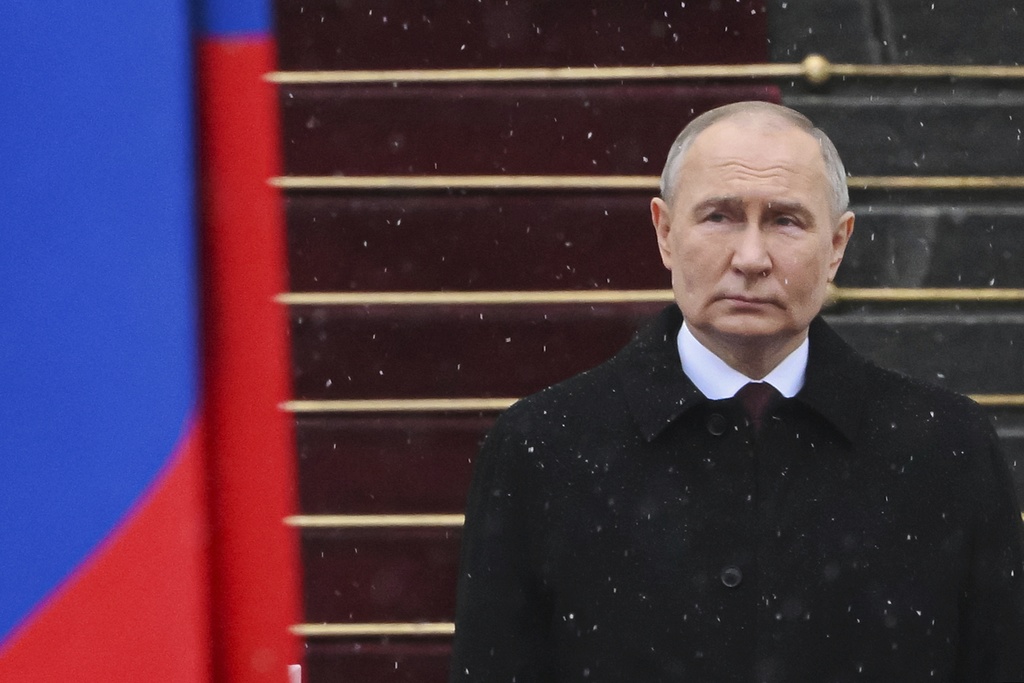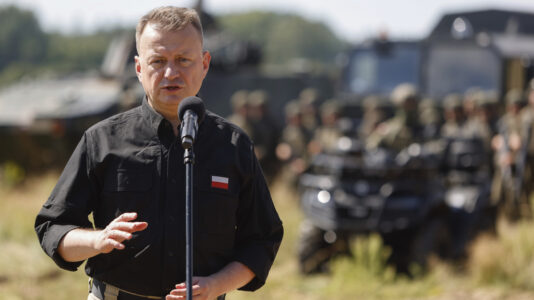Many in Poland have been dismayed by Hungarian Prime Minister Viktor Orbán’s stance on the Ukrainian conflict. The explanation for his behavior, however, is quite straightforward: Orbán has doubted Moscow’s defeat from the beginning. More so, he does not believe in Ukraine’s victory — nor in the West’s victory over Russia.
Why this skepticism, given the West’s overwhelming economic advantage over Russia? If this were true historically, the powerful Roman Empire would never have fallen to considerably weaker barbarians.
Economic and civilizational advantages are not sufficient. What’s also required is political will, spiritual strength, determination, and the ability to make sacrifices. These are the elements dramatically lacking on the Western side. Today, Europe is disarmed not just militarily — with a shortage of soldiers, military equipment, weapons, and ammunition — but also mentally and spiritually. Generations spoiled by prosperity are unwilling to die for Kyiv or Gdańsk, let alone Berlin or Paris.
Recent studies in the U.K. by the Prezzo restaurant chain, involving 2,000 participants, revealed that 86 percent of Generation Z youngsters (born between 1997 and 2012) experience “menu anxiety” at least once a year in restaurants. For 34 percent, this anxiety is so severe they must ask others to order for them. This is a generation for whom an unknown phone number on their screen or deciding on a vacation spot can be a traumatic experience. Are they prepared to face Moscow’s challenges?
Many Hungarian politicians believe that the process of decay has progressed too far to be stopped. If this were not the case, Europe would have switched its economy to a war footing and armed itself robustly in response to Russia’s full-scale aggression against Ukraine two years ago. Yet, nothing of the sort has happened, and there are no signs of change.
From the outset, Orbán has bet on Moscow, knowing that the victor dictates the terms. It is perhaps wiser to position oneself to be an ally of the future victor. Has Orbán’s gamble paid off? The West’s complacency following the Cold War, underestimating and dismissing its opponent based on Russia’s structural weaknesses, has weighed heavily on European decisions for the past three decades. However, Moscow has learned from its past rivalry with NATO and is not repeating the same mistakes as the Soviet leaders did.
The outcome of the current confrontation remains uncertain. Miklós Horthy once sided with Adolf Hitler, convinced he would end up in the camp of the victors. History proved otherwise, mainly due to the determination of the Allies. The British were ready to support a leader who promised them nothing but “blood, toil, tears, and sweat.”
Is today’s generation, for whom the sight of a waiter with a menu induces heart palpitations and frequenting unfamiliar restaurants triggers post-traumatic stress disorder, ready for such sacrifices?





